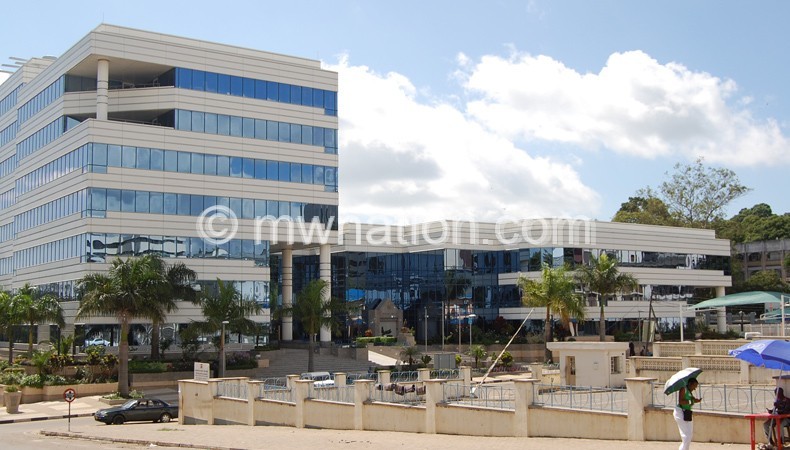RBM justifies policy rate hike
The Reserve Bank of Malawi (RBM) says the hike in the policy rate to 26 percent in the current circumstances will ensure durable recovery of the economy.
In an interview on the sidelines of the First Monetary Policy Committee Technical Meeting in Blantyre yesterday, RBM director of economic policy and research Kisu Simwaka said the whole idea of raising the policy rate is to ensure that inflation declines as the economy recovers.

He said: “The whole idea is to ensure that inflation should not remain in 30s for so long and we can do that by ensuring that we tighten a little bit.
“We looked at whether we can keep the policy rate stable at 24 percent, but the process of getting inflation to single digit will only get longer. So, we must make sure that the process of getting inflation to single digit comes in a timely manner.”
Simwaka said the central bank targets to get to single digit inflation averaging plus/minus five percent by 2026, but observed that under the present circumstances, inflation will start dropping to the 20s by mid this year.
Last week, RBM raised the policy rate by 200 basis points to 26 percent.
Following this development, commercial banks have responded by raising the reference rate to 24.9 percent from 23.6 percent.
This means that with the current reference rate, which forms part of interest rates charged by banks on loans, borrowers will now be paying an average of between 33 and 35 percent to service their loans.
However, commentators and small businesses argued that the decision will further strain businesses and consumers.
Financial Market Dealers Association of Malawi vice-president David Mwenechanya observed that while most people hoped the RBM would maintain the policy rate at 24 percent, the hike has would help reduce liquidity on the market.
Consumers Association of Malawi executive director John Kapito said interest rates rise will shrink trade, with most industries closing down, thereby threatening jobs.
“The prospects of improving people’s lives are completely remote and that stops all productive activities as the cost becomes unprofitable,” he said.
During the fourth quarter of 2023, inflation pressures had intensified with RBM data indicating that average headline inflation for the quarter was 31.5 percent from 28.2 percent during the preceding quarter.
The acceleration in inflation, according to RBM, reflects the pass-through effects of the recent 44 percent exchange rate re-alignment and the subsequent adjustment in energy prices.
During the review period, food inflation increased to an average of 39.9 percent in the fourth quarter of 2023 from an average of 38.5 percent in the previous quarter.
During the same period, non-food inflation increased to an average of 20.9 percent from an average of 16.4 percent. Inflation rate is currently at 34.5 percent as of December 2023.
In a statement of the First Monetary Policy Committee meeting of 2023, RBM Governor Wilson Banda said the MPC observed that inflationary pressures have intensified.





